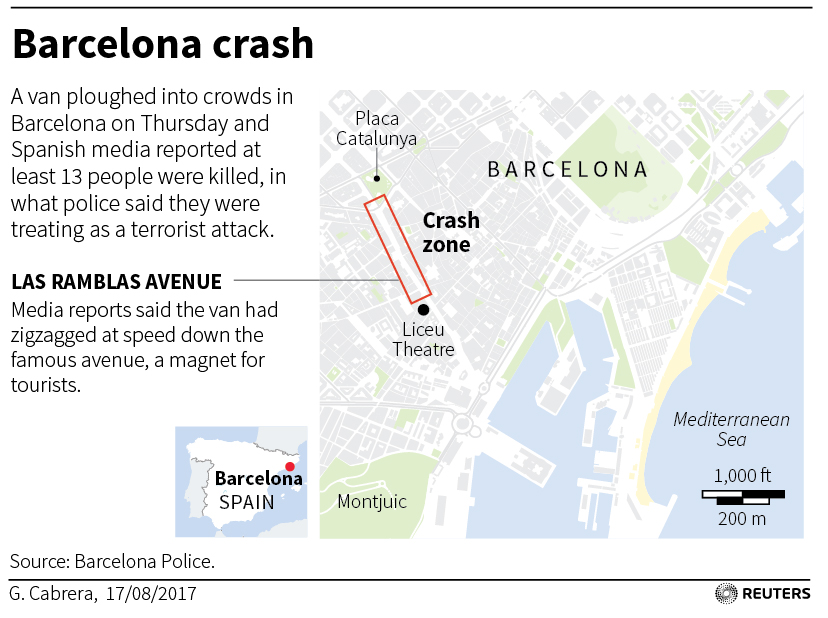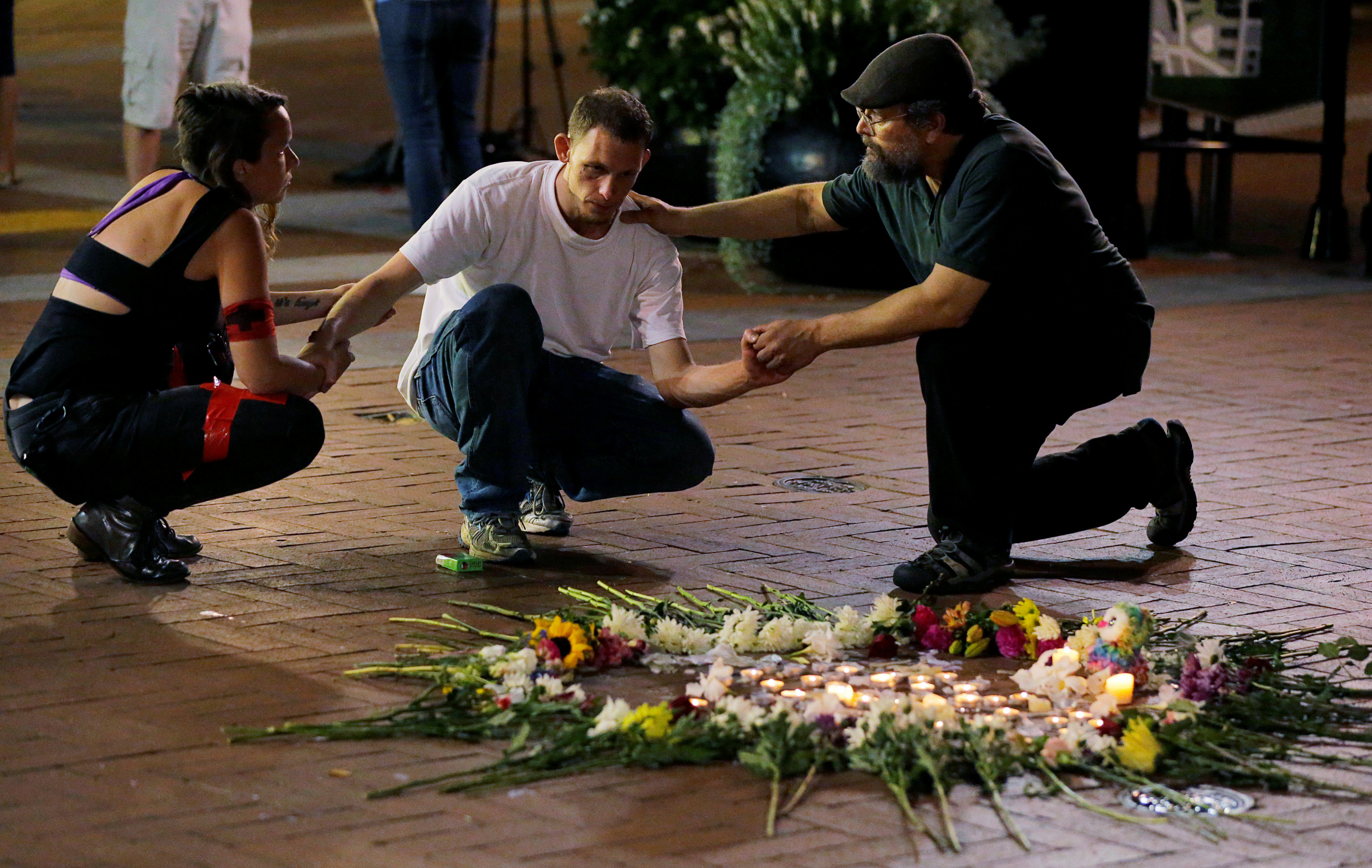
By Jussi Rosendahl and Tuomas Forsell
HELSINKI/TURKU, Finland (Reuters) – Finnish police said on Saturday that an 18-year-old Moroccan man arrested after knife attacks that killed two people in the city of Turku appeared to have specifically targeted women and that the spree was being treated as terrorism-related.
The suspect arrested on Friday after being shot in the leg by police had arrived in Finland last year, they said, adding they later arrested four other Moroccan men over possible links to him.
“Due to information received during the night, the Turku stabbings are now being investigated as murders with terrorist intent,” Crista Granroth from the National Bureau of Investigation told a news conference.
While the identity of the victims has not been disclosed by authorities, police said the attacker appeared to have targeted women during the stabbing spree in downtown Turku, a city of just under 200,000 people in southwest Finland.
“It seems that the suspect chose women as his targets, because the men who were wounded were injured when they tried to help, or prevent the attacks,” Granroth said.
Both of those killed in the attack were women, as well as six of the eight wounded, she added. The two who died were Finns and an Italian and two Swedish citizens were among the injured.
Finnish broadcaster MTV, citing an unnamed source, said the main suspect had been denied asylum in Finland. The police said only that he been “part of the asylum process”.
SCREAMING
“First thing we heard was a young woman, screaming like crazy. I thought it’s just kids having fun … but then people started to move around and I saw a man with a knife in his hand, stabbing a woman,” said Laura Laine, who was sitting in a cafe during one of the attacks.
“Then a person ran towards us shouting ‘He has a knife’, and everybody from the terrace ran inside. Next, a woman came in to the cafe. She was crying hysterically, down on her knees, saying someone’s neck has been slashed open.”
Four of the wounded were still in hospital, three of them in intensive care, while the other injured persons would be sent home on Saturday, the hospital said.
Local media said the police raided an apartment in the eastern Turku suburb of Varissuo, which is home to a large immigrant population, and located about seven kilometers from the market square where the attacks took place.
Flags were at half mast on Saturday across Finland, whose Security Intelligence Service (SIS) raised the terrorism threat level in June to ‘elevated’ from ‘low’, saying it had become aware of terrorism-related plans.
Leaders of Turku’s Iraqi and Syrian community condemned the attacks and said they would hold a rally of solidarity in the city’s main square, but canceled the plan due to security concerns.
An anti-immigration group was planning a demonstration in Helsinki.
“Terrorists want to pit people against each other. We will not let this happen. Finnish society will not be defeated by fear or hatred,” Interior Minister Paula Risikko said on Twitter.
On Thursday, a suspected Islamist militant drove a van into crowds in Barcelona in Spain, killing 13 people and wounding scores of others.
Finnish police said they were looking into any possible links between the Finnish stabbings and the attack in Spain and that they had issued an international arrest warrant for a sixth Moroccan national.
(Additional reporting by Lefteris Karagiannopoulos; Writing by Jussi Rosendahl and Niklas Pollard; Editing by Niklas Pollard and Andrew Bolton)










